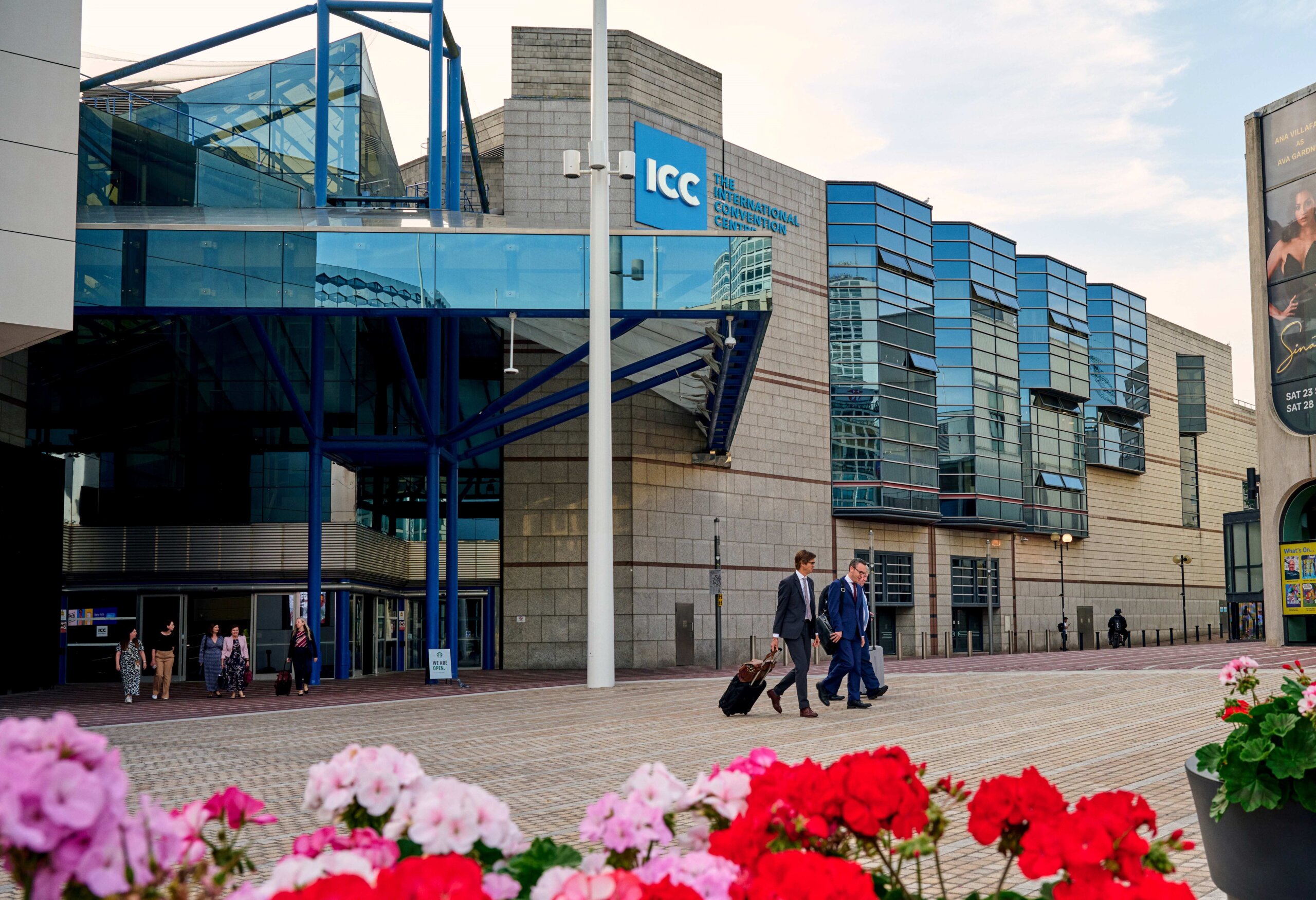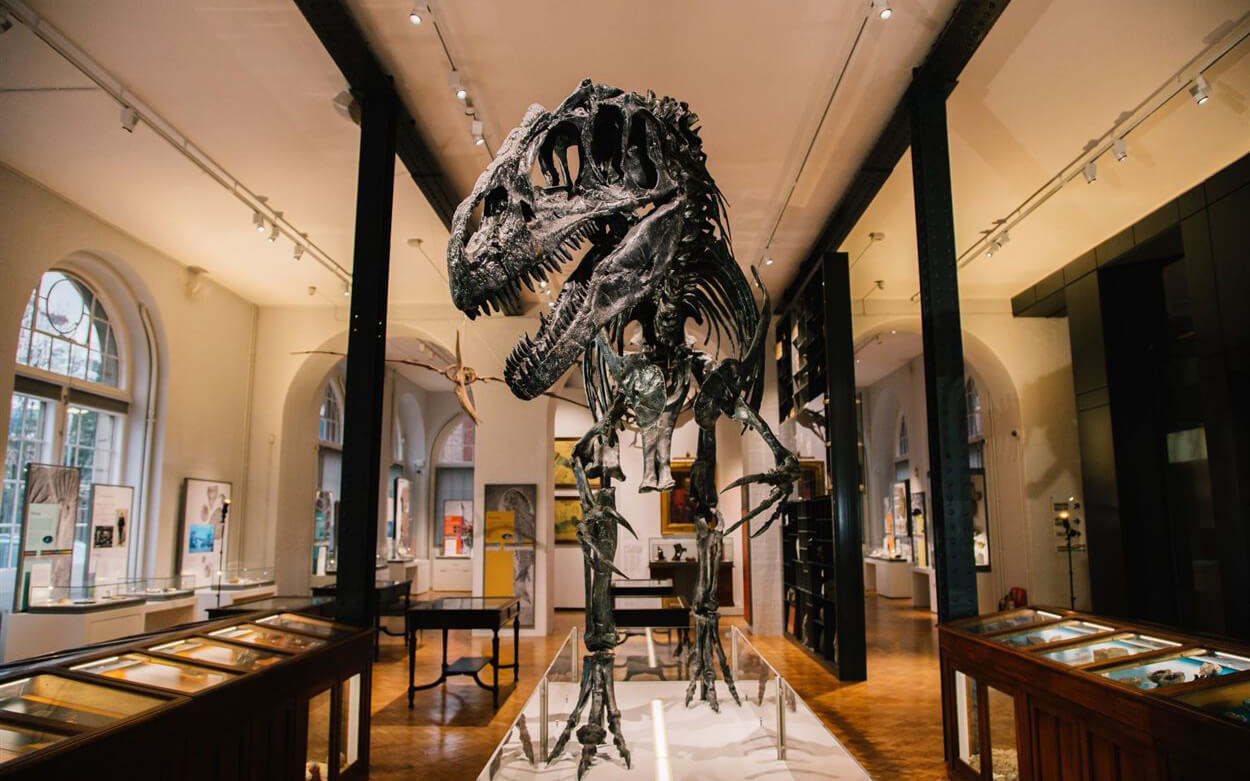Birmingham has won the bid to host the annual international conference for experts in the field of vertebrate palaeontology, which is expected to bring £1.5m for the West Midlands’ economy.
The event will be hosted at the ICC Birmingham from 12-15 November.
The Society of Vertebrate Paleontology’s 85th Annual Meeting will bring together 1,200 scientists, students, artists, writers and scholars from across the world.
The conference will be made up of symposiums, technical sessions, presentations, exhibitions and films on the history and evolution of vertebrate animals and the discovery, conversation and protection of vertebrate fossils and fossil sites.
Birmingham will become just the second UK city and third European destination to welcome the event in its 85-year history, which has traditionally taken place internationally.
It was secured by the Birmingham and West Midlands Convention Bureau, part of the West Midlands Growth Company, and The ICC, Birmingham, part of the NEC Group, working with VisitBritain, MCI USA, and the University of Birmingham.

Steve Knight, senior business tourism manager at the West Midlands Growth Company, said: “Winning this event is a result of the Birmingham and West Midlands Convention Bureau’s presence at IMEX America in 2023, so we thank VisitBritain for their continued support as we spread the word about our region to event organisers worldwide.”
Andy Gibb, managing director of Conventions at the NEC Group, said: “It’s a great win for Birmingham and we look forward to welcoming all of the delegates to our venue and the city this November.”
Professor Richard Butler, chair of Vertebrate Palaeontology at the University of Birmingham, said:”This event will bring together leading experts from around the world to share their latest research and discoveries. In this, our 125th anniversary year, it is a fantastic opportunity to showcase the University’s – and our city’s rich scientific and cultural heritage.”
The West Midlands region has 87,000 STEM students graduating each year from its world-class universities while also boasting a £10.3bn full-service life sciences economy.















